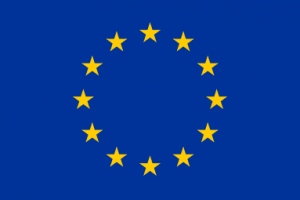We recognized that we can't keep navigating a fast-paced changing present time with the old maps that have been accompanying us as society. Therefore, we need to give imagination the right place in the way we envision our systems, territoires and ways of doing. Imagination has been the driving force that will lead FEDORA's paths and proposed methods into new ways of understanding and practising science education. We wanted to creatively regenerate the ecosystem of science learning and intensify those approaches that would lead to open, collaborative, imaginative and curious way of thinking and doing.
They are true dissonances that can be brought into a nicer piece! We saw a clash between, on one hand, the vertical and hyper- specialized organization of teaching in disciplines and, on the other, the inter-multi-transdisciplinary, character of innovation, and the efforts to make research and science an open and collaborative space. We see a second mismatch between the formalized and exclusive languages used in schools and the needs for new languages to enhance imagination and the capacity to talk about the contemporary challenges and last, but not least, we identify a discrepancy between the a-temporal or historically oriented teaching approaches and the need to support the young to construct visions of the future that empower actions in the present.

